Aree Manosuthikit’s translation of this short story by renowned Thai writer Wanich Jarungkitanand takes us to the urban slums of Bangkok, where a university student falls in love with a young woman who lives in his neighborhood. A poignant commentary on the social ills facing contemporary Thai society, “We Both Live Here . . . in the Same Soi” is one of Jarungkitanand’s best-known stories.
My house is in a soi (a narrow street branching off a main road). It’s like a thousand other cramped and congested sois in Bangkok’s Thonburi district. Since I have no time to mingle or make friends with anyone, I know only two people in this soi: the lady owner of a coffee shop and another from a small restaurant I frequent. We’re just acquaintances. Though I know them both by name, I don’t see why they should know mine or why I should bother to identify myself.
This soi is like all other sois, harboring boisterous gangsters and delinquents. They sit idly around in the coffee shop waiting for the weekend to come. Then they scoot over to the racecourse, come back flat broke at sunset, cry like babies over the money they’ve just squandered, and then plot a way to get it back in the darkness of the night.
This soi is a safe zone for drug pushers and addicts who abuse all sorts of illicit substances, from painkillers and marijuana to opium and solvents. It’s also a haven for all classes of thieves, from bandits-in-chief to rookies and the whole gamut in between. Frequenting this coffee shop has given me the idea that if I wanted to get involved in illegal activities, I could be an agent for the experienced criminals infesting this soi who steal cars, burglarize, brawl, rob, and murder. Once I witnessed two nonlocal gangsters getting beaten to a pulp right in front of the coffee shop.


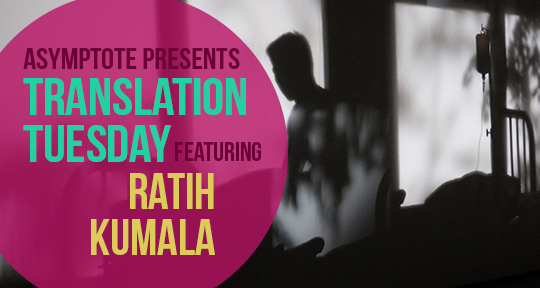
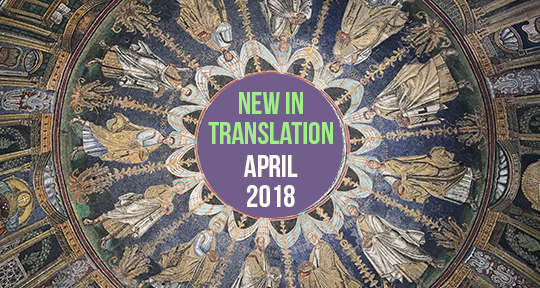
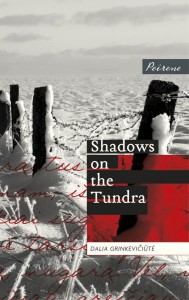
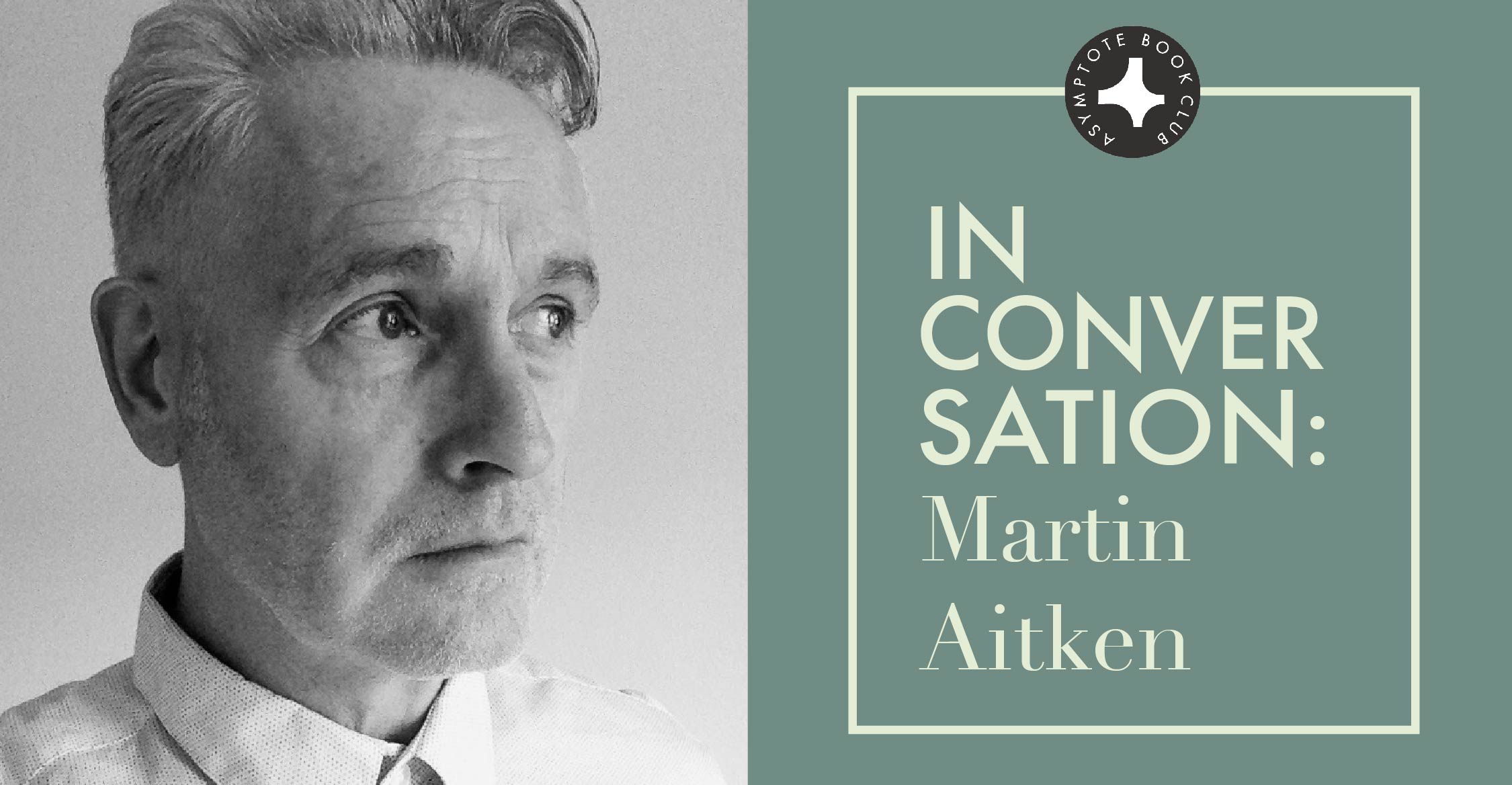
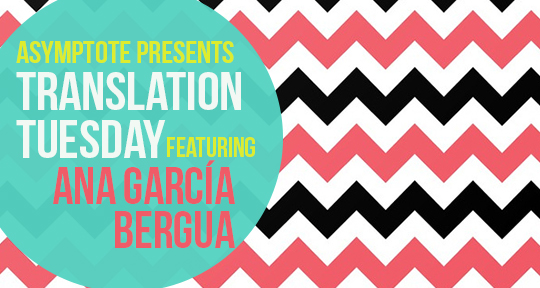

Translation Tuesday: “The Results” by Bernard Comment
"Jealousy is always a weakness, an uncertainty, a lack of confidence, every other person is a competitor, a threat."
On a check-up at a health clinic, a father and husband’s interactions with doctors are punctuated by reminiscences of love and lust for his wife. Gradually, we learn of a chilling act of violence, which leads the protagonist to a twisted reckoning with his mental and physical condition.
It’s cold. A cold that bores into you, that hasn’t let up for days, despite the big woollen jumper I never take off, even at night. Carlo tells me I should take it off for sleeping, and wrap myself up well in the blankets, so that when I get up I would add a garment to make up for the change in temperature, but one evening I tried this and my teeth chattered all night. The other men I see at lunchtime don’t seem to suffer, there’s even a guy who always walks around in a T-shirt, but admittedly he’s a burly fellow, well-padded against the cold.
The doctor made me go back to him this morning, after fasting, he wanted to do further tests, two whole syringes filled with blood, I asked to lie down because I’m always afraid of turning to look, and it’s much worse if you get to see it. The nurse smiled, although I couldn’t tell if it was from pity, sympathy, or scorn. She had difficulty finding the veins, it’s always the same, I begin to tense up, to sweat at the temples, I become dizzy and pale; when I was a teenager I passed out each time, and once I fell backwards and hit my head on a sink, was sent straight to hospital for a battery of tests, a lumbar puncture, and an idiot teacher spread it around that I’d taken an overdose, me who’s never touched the tiniest amount of an illegal substance, for fear of my reaction, and my scrupulous respect for the law.
When I had the first tests, eight months ago, the lady in the laboratory was very considerate, settling me into an armchair and telling me to look away, and to think of something pleasant; so I thought about the film I’d watched the night before, with Julie, her warm body, her breasts in my hands, her smell after making love. Then it was finished, and already I had a piece of cotton wool and then a sticking-plaster on top, whereas here everything is rougher, more brutal. I’ve been waiting for twenty minutes, standing in front of the grey door. They came to get me around six o’clock. Immediate appointment. Everything moved fast, then the iron door in the corridor clanged shut behind me, with a heavy ringing sound, and since then, nothing. The doctor must be on the telephone, I hear his voice at times, a powerful, raucous voice, but I don’t understand what he’s saying, the rooms are well insulated. I’d love to smoke a cigarette, it’s what I’ve been brooding about for a full five minutes, it’d do me good, would relax me, smoking a cigarette.
READ MORE…
Contributors:- Bernard Comment
, - Carolyne Lee
; Language: - French
; Place: - Switzerland
; Writer: - Bernard Comment
; Tags: - clinic
, - condition
, - family
, - french
, - health
, - hospital
, - love
, - lust
, - marriage
, - Short Story
, - Swiss